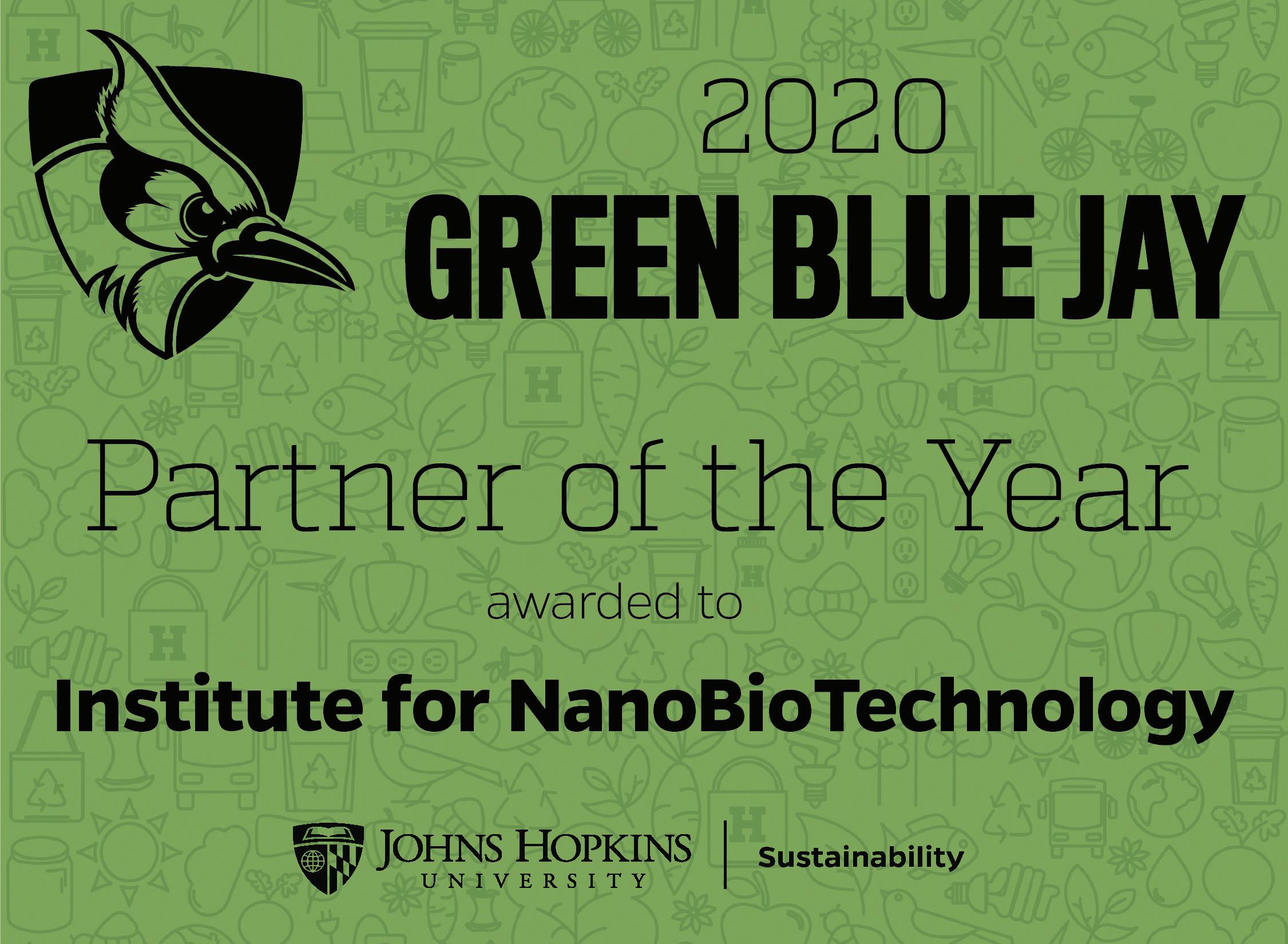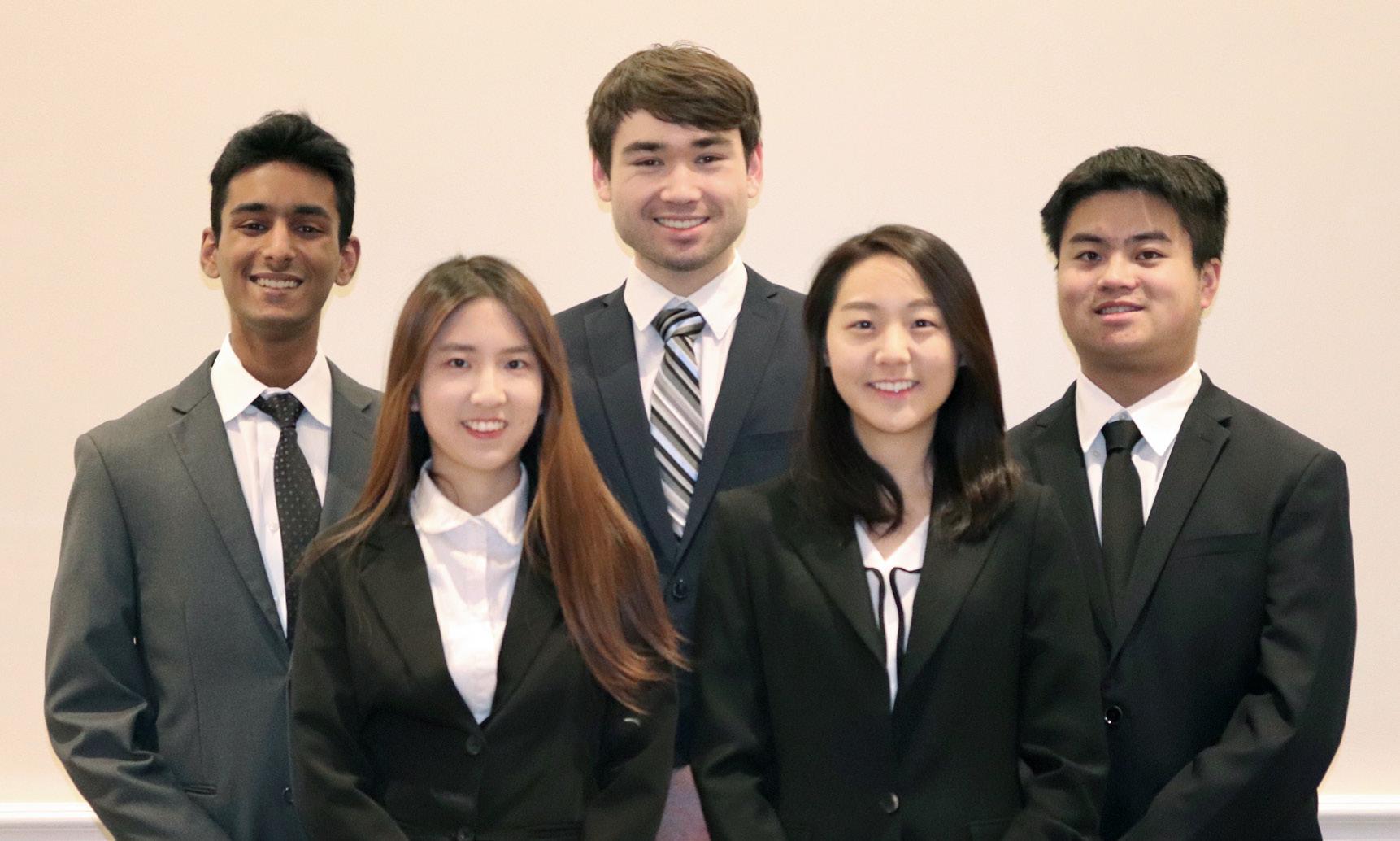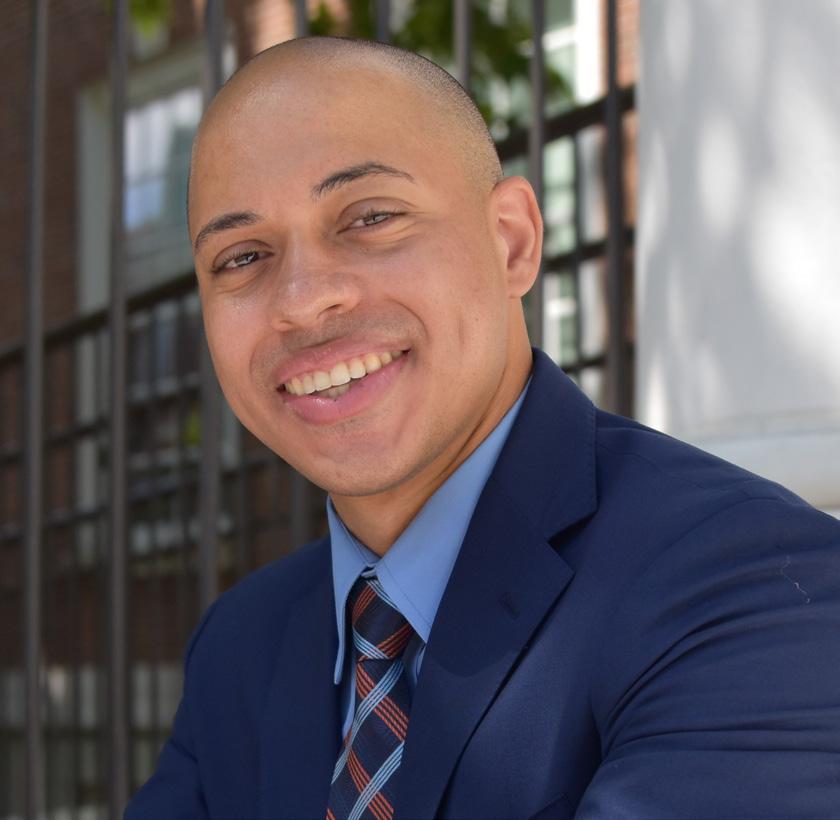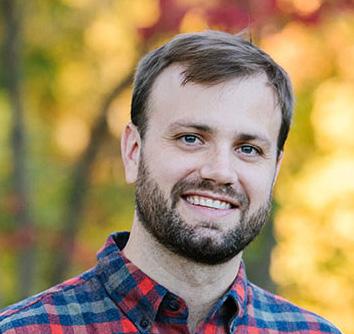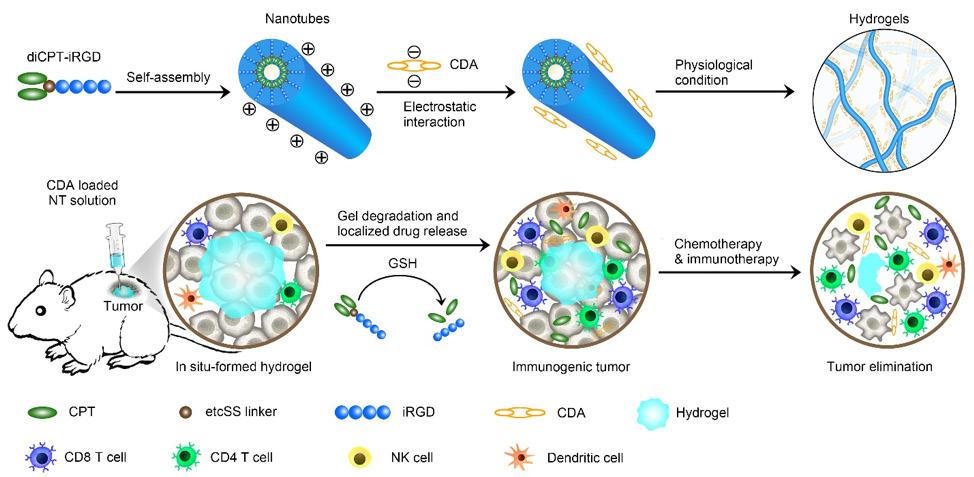designed to help faculty members better understand the needs and challenges faced by underrepresented students and how to help them succeed.
“ The fellowship allows me to overcome the limitations of the materials and techniques used in the lab today to pursue challenging scientific questions as I work to complete my thesis.” Such programs will be developed in consultation with Darlene Saporu, assistant dean for diversity and inclusion for the Whiting School of Engineering and the Krieger School of Arts and Sciences, and with collaborators from other Hopkins organizations, such as the Black Graduate Student Association, Society of Black Alumni, and Krieger and Whiting Diversity Champions. After he completes his PhD, Hall is interested in studying pharmacogenetics, which investigates how changes in genes, even one, affect a drug’s efficacy. Specifically, Hall wants to know how different ethnic populations respond to medications to aid in better drug development and disease treatments.
Masters Co-Op Program Participation Grows During Pandemic For five years, the Institute for NanoBioTechnology has been offering engineering master’s students an alternative curriculum for those seeking a more hands-on, real world experience. Many degree programs offer a course or research-based curriculum, but the INBT offers students the chance to spend six months working full time for an INBT industry partner where they put engineering principles they learned in the classroom to practice. While the students work, they earn college 22 education
credit toward their degree and are paid a salary by the company. When the COVD-19 stay-at-home orders were implemented around the country, the future of the Master’s Co-Op program became unclear. Despite this, and to everyone’s surprise, the INBT had an increase in the number of applicants to the program. Wanting still to provide students at home with a valuable learning experience, the INBT worked




